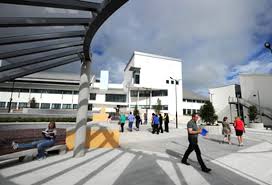Small, lightweight, portable devices like smartphones and tablets combine wireless technology with processing power to provide internet, communications and leisure functionality while on the move. They are now driving how we live, work and play. Combining low power consumption with microchip design, telecommunication and control circuitry (hardware) and the operating system software, they are the ultimate electronic system. MTU’s MT 746 programme is designed to equip engineers to work at this level.
Electronic systems are used for the collection, processing and transmission of information. From the most sophisticated machines in industry, to cars, household appliances and personal items, all have the same thing in common: they are “intelligent”. On a printed circuit board (PCB), surrounded by analogue and digital circuitry, there is a microprocessor, or maybe several, which has a clock (heartbeat). On every cycle the microprocessor executes an instruction from whatever programming it is running (software) – this ability is what makes the system intelligent. Intelligence, control and communications, theory and practice form the core material of this course.
Students undertake a relevant work placement of no less than 7 weeks between April and September of third year. The placement is supported by a member of lecturing staff in MTU together with a workplace mentor. The aim of the work placement module is to introduce the student to the types of work practices, procedures and environments that they are likely to encounter as professional engineers. The module will provide students with structured opportunities to participate in the practical application of theoretical knowledge gained during the programme as well as develop key graduate competencies.

